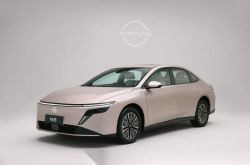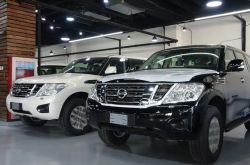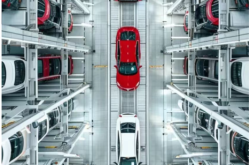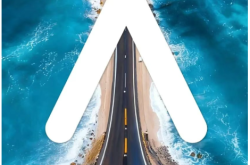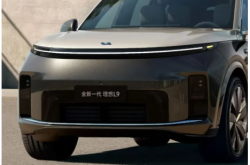Sam Altman does not share his empire, OpenAI may only have 2 of its 11 co-founders left
![]() 08/12 2024
08/12 2024
![]() 481
481
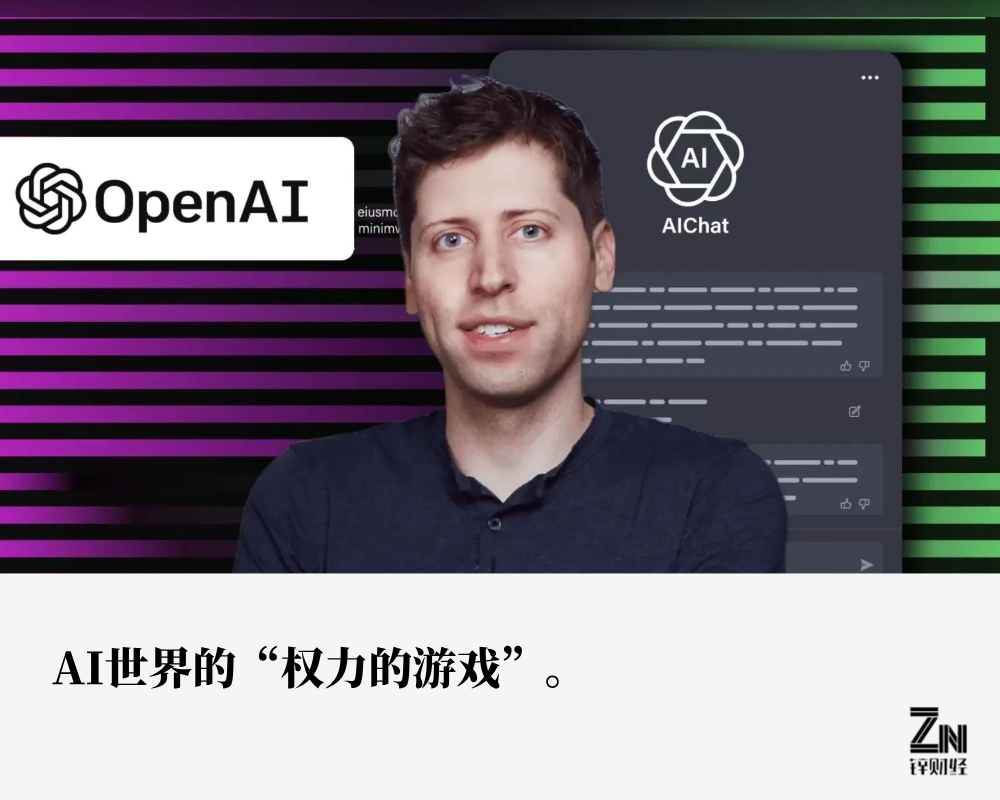
Author: Sun Pengyue
Editor: Da Feng
Since Sam Altman was ousted in November last year, OpenAI has been mired in personnel struggles for most of the year.
Even Greg Brockman, a staunch supporter of Sam Altman and the former president of OpenAI who was ousted alongside him, has recently been rumored to be taking a long-term leave of absence, suggesting he may have been forced out.
Of OpenAI's 11 co-founders, only CEO Sam Altman and Wojciech Zaremba, an expert in robotics and machine learning, remain at the company.
For a time, there were hidden currents within OpenAI, and the company seemed on shaky ground.
OpenAI's Two 'Farewell Dinners'
OpenAI's internal strife has a long history. Although it was founded relatively recently (in 2015), it has already experienced two internal schisms.
The first split was caused by Elon Musk. Yes, the same Elon Musk who is the CEO of Tesla and the world's richest man.
Contrary to popular belief, Musk, one of OpenAI's biggest rivals, was once its biggest financial backer.
When OpenAI was founded in 2015, it received support from billionaires like Musk and Reid Hoffman, who collectively invested $1 billion.
Musk's main reason for investing in OpenAI was to compete with Microsoft in the AI space. However, it was Musk who ultimately abandoned OpenAI, allowing Microsoft to take his place as the largest investor.
Between 2015 and 2018, Musk was heavily involved in OpenAI, contributing tens of millions of dollars, offering guidance on research directions, and leveraging his influence to attract top AI talent from large tech companies and academic institutions.
By 2018, OpenAI's development had hit a plateau. Early versions of ChatGPT were far from the success they are today, and as a nonprofit organization, OpenAI struggled to meet Musk's commercialization goals.
So, Musk proposed a new plan to the board: he would take full control of OpenAI and run it himself.
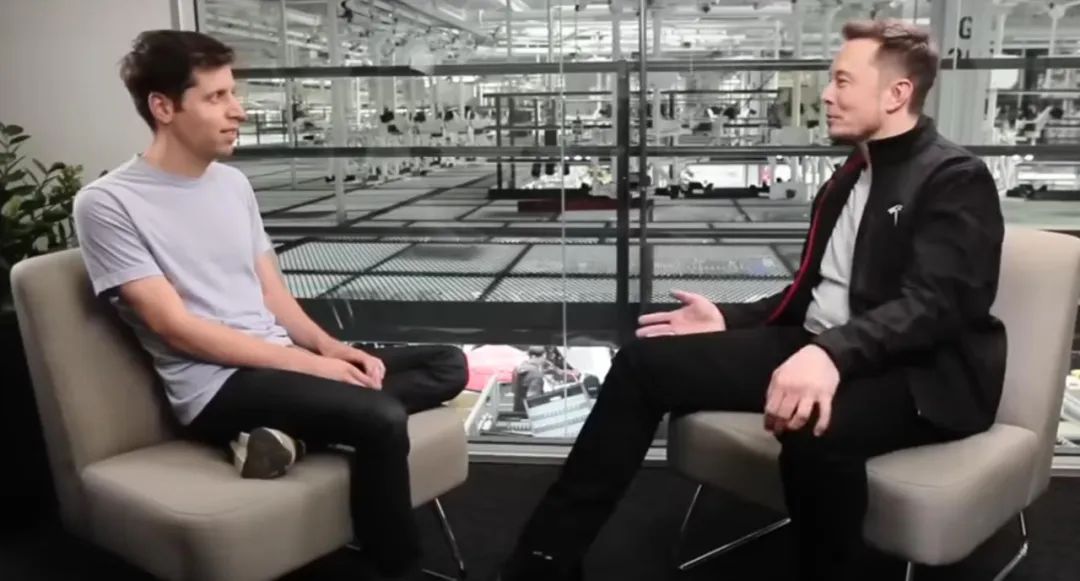
Sam Altman and Elon Musk
This was not Musk's first attempt to seize control. He is famous for ousting Tesla's founders, Martin Eberhard and Marc Tarpenning, as an investor. Today, Tesla is closely associated with Musk, and few remember that Eberhard and Tarpenning were the true founders.
With Tesla as a cautionary tale, the OpenAI board, led by Altman, rejected Musk's proposal. This conflict ultimately led to Musk announcing his departure from OpenAI on February 20, 2018.
After Musk left, four of OpenAI's 11 founders followed suit, and Andrej Karpathy, another founder, was poached by Musk to lead Tesla's Autopilot program. He later returned to OpenAI in February 2023.
The entanglement between Musk and OpenAI did not end with their "breakup." In February of this year, Musk filed a lawsuit against OpenAI and its CEO, Sam Altman, and president, Greg Brockman, in the Superior Court of San Francisco, alleging breach of contract.
The lawsuit was dismissed in June but reinstated on August 5.
If OpenAI's first 'farewell dinner' was about avoiding Musk's takeover, its second was purely about internal power struggles.
OpenAI: A Game of Thrones
In November 2023, OpenAI experienced its biggest internal struggle to date.
Ilya Sutskever, OpenAI's Chief Scientist, joined forces with three OpenAI directors to announce the ouster of CEO Sam Altman and President Greg Brockman.
The OpenAI board issued a statement alleging that "Mr. Altman has been consistently untruthful in his communications with the board, hindering its ability to fulfill its duties. The board no longer has confidence in his ability to continue leading OpenAI."
The main reason for Sutskever's coup was Altman's aggressive commercialization plans, which aimed to transform OpenAI from a nonprofit into a for-profit company and push for an IPO.
However, a profitable OpenAI aligns with the vision of Microsoft, its major financial backer. Microsoft CEO Satya Nadella intervened personally, leading to Sutskever's coup failing and Altman and Brockman being reinstated.
Sutskever was sidelined for six months before announcing his departure from OpenAI in May to found SSI (Safe Superintelligence), a new company focused on AI safety.
On the surface, the internal struggle appears to be over, but the past six months have merely been a buffer period.
Recently, John Schulman, a co-founder of OpenAI who long led its reinforcement learning and alignment research teams, announced his departure to join Anthropic, a competitor to OpenAI.
Schulman, known as the "architect of ChatGPT," could have a direct impact on the release of GPT-5 with his move.
Meanwhile, Peter Deng, the newly appointed head of product and vice president of consumer products, also announced his departure.
At this sensitive juncture, President Greg Brockman's extended leave of absence has led some media outlets to speculate that he may also leave OpenAI after the leave ends, possibly due to confidentiality agreements.
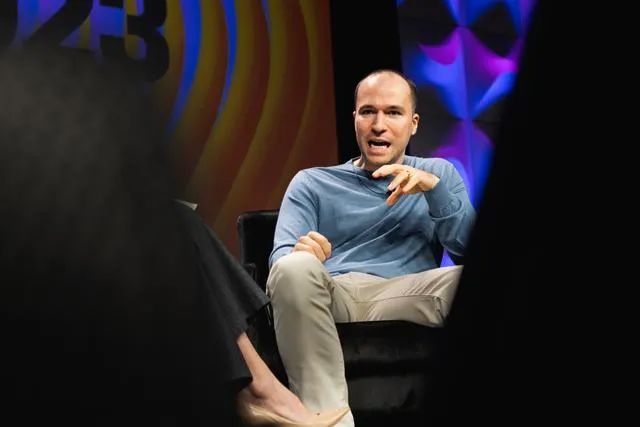
Greg Brockman
Of OpenAI's original 11 co-founders, only two remain. Even Brockman, Altman's closest ally, has hinted at his departure, which is undoubtedly a significant blow to Altman.
It would not be an exaggeration to describe Altman's situation as one of betrayal and isolation.
Jimmy Apples, a prominent OpenAI whistleblower, openly criticized the company on social media: "The top brass is an empty shell. Hurry up and release something new."
A mighty dam can collapse due to an ant's nest, and a solid castle can fall from within.
Will OpenAI suffer the same fate?
OpenAI's 'Rebels'
Predicting OpenAI's future is difficult, but it is clear that those who leave the company often fare well.
According to AIM, nearly 75 core OpenAI employees have left to found about 30 AI startups:
xAI, founded by former OpenAI partner Elon Musk, is valued at $24 billion;
Anthropic, founded by former OpenAI Vice President Dario Amodei, is valued at $18.4 billion;
SSI, founded by former Chief Scientist Ilya Sutskever, is expected to be valued at over $10 billion;
Perplexity AI, an AI search company led by former executive Aravind Srinivas, is valued at $3 billion;
Daedalus, a robotics startup founded by former technical lead Jonas Schneider, is valued at $40 million;
Cresta AI, an AI customer service platform founded by former technologist Tim Shi, is valued at $1.6 billion...
As the center of the AI world, OpenAI employees are highly sought after in the job market, and many former executives have gone on to start their own ventures.

Dario Amodei, former OpenAI research vice president and CEO of Anthropic, stated that OpenAI and its ex-employees account for over half of the trillion-dollar AI market.
In this light, OpenAI resembles a "Huangpu Military Academy" for AI, with many former members leveraging their experience there to strike out on their own.
Perhaps this is the true meaning of "contributing talent to society."



